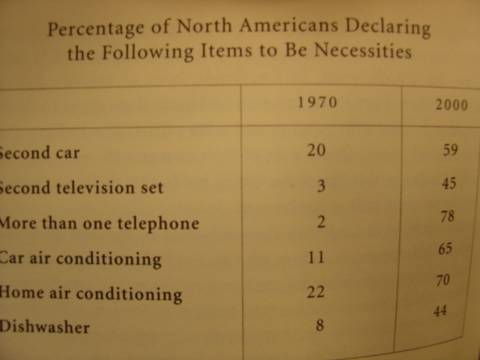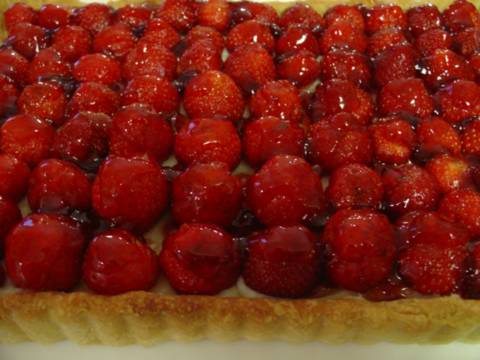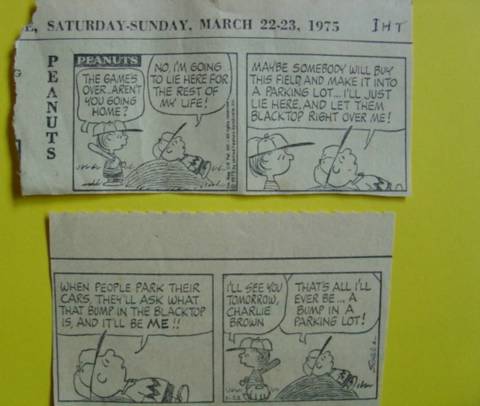Look at me with incredulity if you wish, but I have to admit, I am a big fan of the books of Alain de Bottom. I foisted his “How Proust can change your life” on many people (who now never ask me for book recommendations, feeling that I failed them profoundly the first time around). And I adored his “The Art of Travel” (thankfully that had a slightly larger following among my associates and book groups readers). AdeB is inordinately
creative and
clever, so that I forgive the little lapses here and there. No, actually I don’t even spot the lapses. And I refuse to be bothered by the labels that have quite unfortunately placed his books sometimes on shelves having the questionable “self-help” designation. (Borders knows to stick him in the Literature section where he belongs). You don’t read AdeB to improve anything – you read him because he is funny and perceptive and uses words masterfully to convey original, oftentimes quirky ideas.
So naturally I was happy beyond happy to see his newest book, Status Anxiety, on the Borders must-read table. I worried a tad about the title (I don’t think much about status anxiety in general and the topic struck me as dated), but I picked it up with enthusiasm nonetheless. AdeB can overcome even poor subject matter. He is THAT good.
I leafed through it and my one phrase summary is that it is better than it sounds, but not as good as it should be.
I did find one page slightly disconcerting. From what I could tell (I was “reading” the book standing by the table at Borders), AdeB was attempting to portray us as a consumerist society. Okay, so maybe he’s a little dry in the “original ideas” department. We all have slow phases. There was a day when I was forced to write a post about pink flamingos because nothing else came to mind.
But even more troubling were his examples of our rising expectations with respect to personal gratification. They misrepresent what, to me, is a more complicated reality.
Here, take a look at his little chart where he lists what we regard as necessities these days (30 years ago they were obscure goods and services, belonging, for the most part, only to the privileged):

a so-what table

Yes, okay, more of us can’t live without the AC. But think how much we have let go of, how lesser our expectations are with respect to other items! I can create a list too, flooding the reader with examples of what we have lost:
1970: 76% expected doctors to make housecalls when kids got sick
2000: You’re joking, right? 0%
1970: 82% of the faculty at a state universities expected to get salary increases that not only kept up with inflation but also paid for such things as family car trips to the Grand Canyon.
2000: 1% expect increases, the rest expect nothing and are happy if their departments aren’t eliminated during budget trimming exercises.
1970: 64% of school aged kids expected a twinkie every once in a while in their lunch sack.
2000: 2% of delusional dreamers still look for that twinkie. The rest have suffered a 50s-like indoctrination about the evils of these and other Hostess treats. We once feared communism, we now fear twinkies.
1970: 99.4% of travelers expected their intact suitcases to travel with them on airplanes.
2000: 17% expect to see their unscathed black upright on the conveyor belt after a flight (in Madison, that statistic goes down to 11%). For the rest – it’s time for a conversation with the voice-activated robot who will do nothing, absolutely nothing to assist in the search for missing and inevitably damaged luggage. [Those perverse Samsonite lifetime warranties! Does anyone keep the original sales receipt and then dutifully MAIL the damaged suitcase to the manufacturer for a refund?]
And so on.
But I forgive this table, I forgive all. AdeB is like the best of the best
bloggers. You read him for the cleverness of the presentation, for the way he looks at the bland and spins it into the sublime (a word which figures prominently in his Art of Travel book). In fact, you could take his cited Nietzsche quote from the Art of Travel and throw it right back at him. Nietzsche writes “…we are in the end tempted to divide mankind into a minority (a minimality) of those who know how to make much of little, and a majority of those who know how to make little of much.” In my mind, AdeB is at the epicenter of that minimality.





